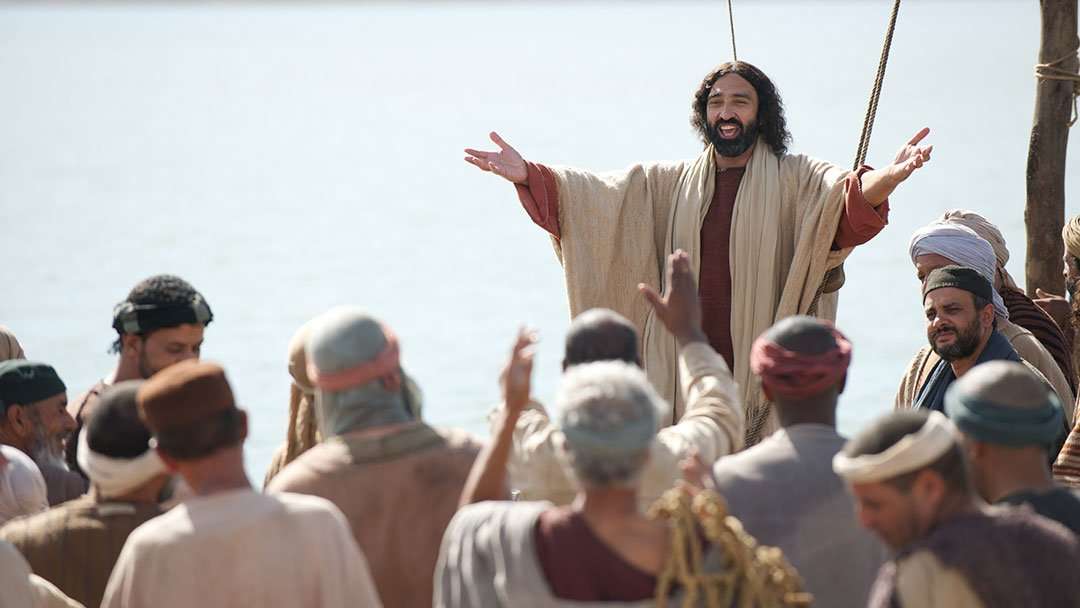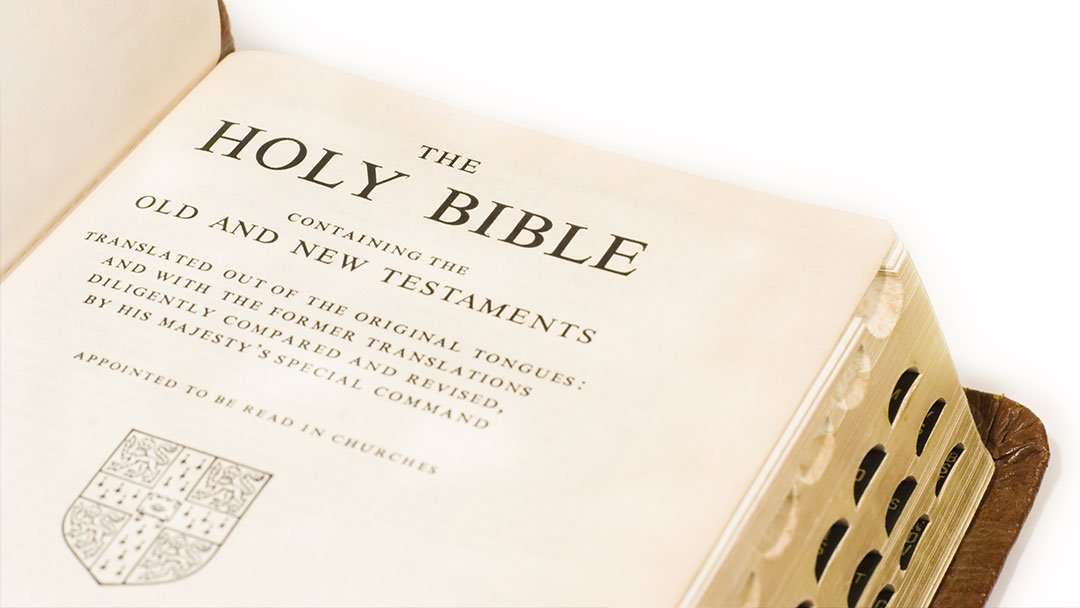If they still burned people at the stake, I’d be in trouble. I have ripped the page that separates Malachi and Matthew from my Bible, and have deleted the title “Old Testament” from everywhere in the Book. This is not being said to shock you. Or, just maybe—in a hopefully constructive way—it is.
Every movement, cause and following has underpinnings—foundational origins from which they spring; on which they stand.
This is true of one of the most pervasive, pernicious and persistent heresies in Christendom.
Called Supersessionism—or Replacement Theology—it has held sway over most of institutional Christianity since the seeds of it were planted in the first century of the Common Era (AD).
As its name makes clear, this theology holds that Christians have superseded the Jews as the new Chosen People—ergo, the Church has replaced Israel in the purposes of God.
Why replaced Israel? Because, so goes the false and repulsive charge, Israel is guilty of deicide (murdering God); the Jews killed Christ.
Do I need to spell out why the above is a lie? Do I need to explain why, even if the charge were true, Israel would retain its calling as a nation before God?
The tentacles of this appalling teaching wormed their way into every main church denomination and twisted the truth—including those verbalised by Jesus—about the Jewish people, their Land and their destiny.
And not just in traditional churches. Detritus from this insidious doctrine has polluted thinking and shaped eschatology in numerous so-called non-denominational or interdenominational churches, among them many that are “pro-Israel.”
On a quest for the source of this sacrilegious creed, I travelled back to the Second Century scriptorium of one of the early church fathers, the Bishop Melito of Sardis (AD 100-180).
According to a Wikipedia entry, “Melito held a foremost place in terms of bishops in Asia due to his personal influence and his literary works”. He was lauded by Clement of Alexandria (150-215), Tertullian (155-220), who wrote the antisemitic apologetic De Adversus Iudaeos, Origen (184-223), Eusebius (260-340) and Jerome (342-420) who “freely admitted his hatred of the Jews and their religion [and whose] caustic rhetoric reinforced the Christian church’s displacement of the Jews…” (Jerome and the Jews by William Krewson).
Is it any wonder that almost every Christian denomination on earth, and the vast, vast, majority of the world’s professing Christians, regard Israel as irrelevant…
What do we, Christians owe to Melito, this prominent ‘Godly’ man? His legacy includes the following two distinct, but interconnected, contributions:
First—He penned “Peri Pascha”, a famous sermon that would be preached in churches for centuries, massively influencing Christian views on the Jews including, very likely, Martin Luther’s. Ostensibly written to make a case for the date of the crucifixion, the piece “provides an accurate description of Christian feelings towards Jews at the time and their opinion of Judaism” and malevolently “blames [the Jews] for killing Christ”.
Second—Melito compiled the earliest known Christian canon of the Old Testament.
And he coined the term!
That’s right. A self-hating (he was born Jewish) antisemitic ‘Christian Saint’ decided which books from the Bible that Jesus would have read would eventually form two thirds of the “Christian Bible”. And he decided to call that two-thirds “The Old Testament”.
The clear thinker will immediately identify the problem: The term communicates the message that this part of the Bible is old. It is the Jews’ Bible (albeit in a slightly different format) and it is old. We Christians, have the New Testament, which is all about Jesus and the Apostles and so—as the thinking goes—must be “the most important part” of the Bible.
Wicked Israel was “Old”, the saintly Church was “New”. The Bible—with its Old Testament-New Testament division—underscored this and, for 2000 years, published in this format, has rammed the message home.
The Jews as a nation are Old Testament. The Land of Israel as the patrimony of the Jewish people is Old Testament, so the Jews’ claim to the Land of Israel is Old Testament.
Jerusalem as the capital of Israel and the seat of Israel’s kings is Old Testament. Abraham, Isaac, Jacob, Moses, David etc. are all Old Testament. The God of Israel is Old Testament.
We, Christians have the New Testament. Jesus is God in the New Testament. The Gospel of the Kingdom is New Testament. John the Baptist, Mary, the 12 Disciples, Paul—they are all New Testament.
The New Testament can stand alone. We don’t really need the old one. At best it is of secondary standing. We have even separated the New from the Old and print the New on its own.
Is it any wonder that almost every Christian denomination on earth, and the vast, vast, majority of the world’s professing Christians, regard Israel as irrelevant to their faith? Is it surprising that most Christians will not come out in support of the Jews’ claim to the Land of Israel, will not politically punish their governments for seeking to rob the Jews of this land, and will support the illegitimate Palestinian cause?

A few truths about the “Old Testament”:
Another word for “Testament” is “Covenant”. There are at least five covenants in the “Old Testament”:
- The Covenant with Noah to “never again destroy the earth with a flood”—it has not passed away. It is not old.
- The Covenant with Abraham, to give him and his descendants the Land of Canaan as an everlasting inheritance—everlasting is everlasting. It is not old.
- The Covenant at Sinai, the Law on tablets of stone. Jesus said that not one jot or tittle of this would pass from it until heaven and earth pass away—it is not old.
- The Covenant with David, whereby God promised that David would always have a son to sit upon his throne—always is always—this covenant is not old.
- The New Covenant (or New Testament). This is a Covenant that God has yet to make with the house of Israel and with the house of Judah. Where do we read about it? In Jeremiah 31:31, in the “Old Testament”! It, too, is not old.
None of these testaments, these covenants, is old. And yet they are in part of the Book Christianity calls old.
A few more points:
- Jesus’s Bible was only the “Old Testament”. He never read the New.
- The Scriptures the Bereans searched to determine whether what they were hearing about Jesus was true, was the “Old Testament”. (Acts 17:11)
- When Paul tells Timothy that “All Scripture is given by inspiration from God” (2 Timothy 3:16) he is talking about the “Old Testament.”
My Bible begins in Genesis and continues, without pause or break all the way through to Revelation. It has no Old Testament. Period. If you have not viewed your Bible this way before, I very much encourage you to do so. It will revolutionise your reading and understanding of God’s Word. Which is what it all is—God’s Word. And it never gets old.
“The grass withers, the flower fades, but the word of our God stands forever.” (Isaiah 40:8 & 1 Peter 1:24-25).












Your article was well written, clear and so very true. I really enjoyed it. I will share it and spread it around.